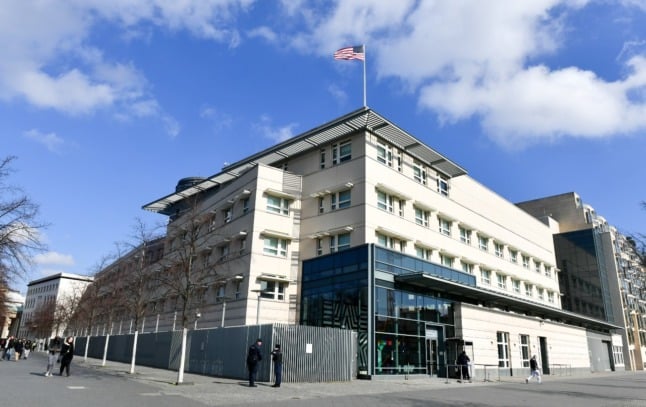“There appears to be almost universal frustration with the current system, which we believe is an unnecessarily cumbersome and time-consuming process for both the Swedish government and for individual diplomats in Stockholm,” Brzezinski wrote.
The current system calls on foreign diplomats in Sweden to submit VAT refund requests quarterly, but also requires that diplomats submit original receipts for each individual item, according to guidelines from the Swedish Ministry of Foreign Affairs.
After carefully looking into the matter, Brzezinski concluded that the scheme currently used in Austria where foreign diplomats can elect to receive a quarterly lump-sum payment in lieu of collecting and submitting individual receipts.
“It would dramatically reduce the workload of the Swedish tax authorities in reviewing quarterly receipts submitted by diplomats, and it would make VAT reimbursement a much more transparent and efficient process,” he wrote.
According to Brzezinski, this system has won praise from both the Austrian government and diplomats in Austria for streamlining the previously cumbersome reimbursement process.
The Austrian payment, €330 per quarter, with an annual ceiling of €1,320, is based on the average quarterly expenditure of diplomats and the cost of living in Vienna, which according to calculations made by the U.S. State Department in the case of Sweden would be 60 percent higher.
“Therefore, we propose a quarterly lump-sum payment to diplomats in Stockholm of 528 Euros per quarter (approximately 4,650 kronor). We would be happy to provide details on the U.S. State Department’s cost of living data.
The ambassador closed his letter urging the minister to look into the matter, saying he will urge other embassies in Stockholm to support his proposal.
Rebecca Martin


 Please whitelist us to continue reading.
Please whitelist us to continue reading.
Member comments